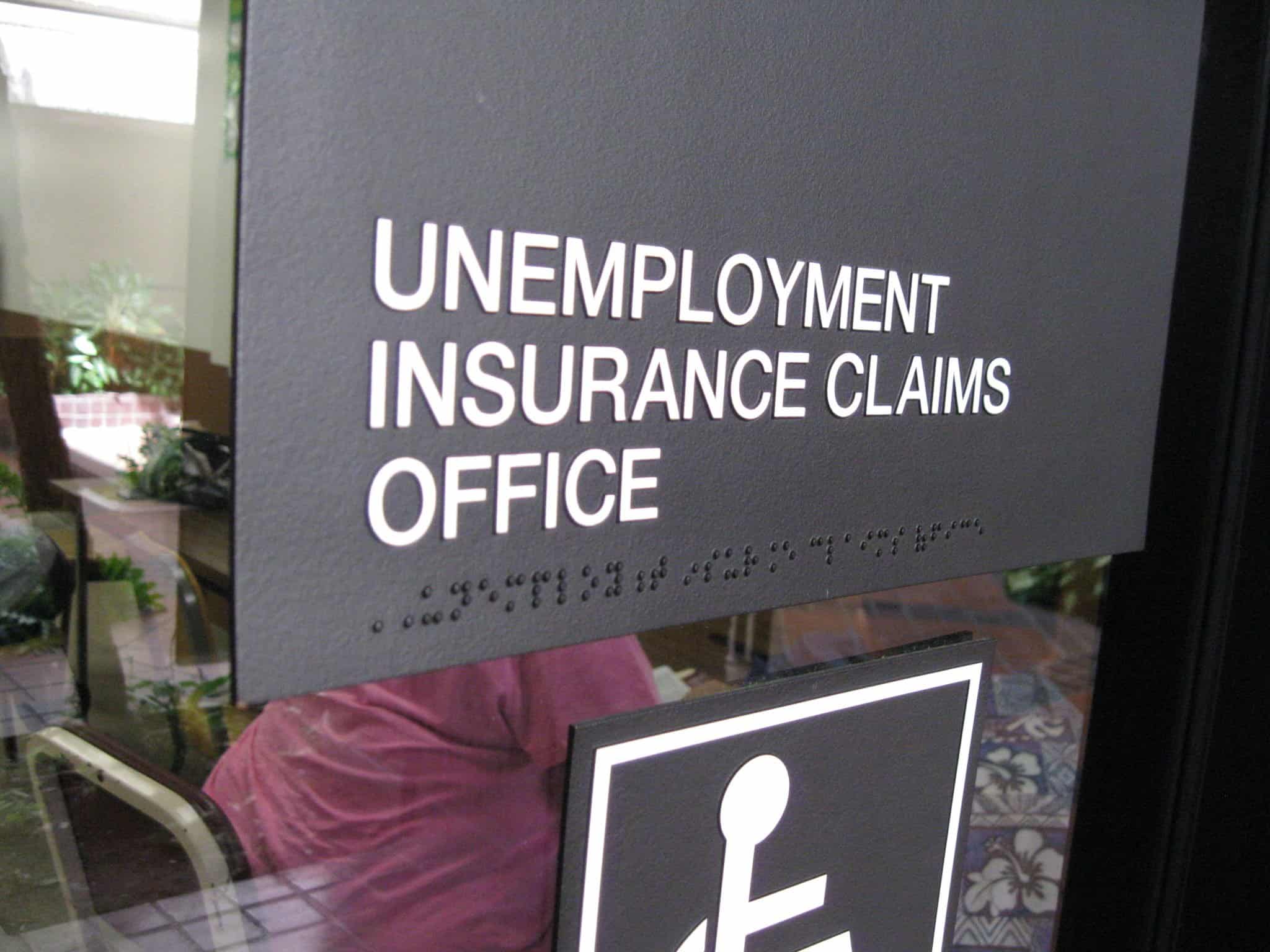
Fred Messner is a student at Harvard Law School.
The Department of Labor is approaching a decision on how to allocate $2 billion of funding appropriated by Congress as part of the American Rescue Plan. Although the funds are generally designated for unemployment insurance administration, DoL has significant discretion to decide whether to spend that money for improvements within the Department—for example, on a centralized unemployment portal run by DoL—or to grant it to the states to run their own unemployment programs. The decision has taken on added significance in recent days, as more than a dozen Republican-led states have taken measures to decline enhanced federal unemployment funding in their states. While the Biden administration is not expected to withhold funding as a way of pressuring recalcitrant governors, it is seen as likely to retain more than $1 billion for investments at the federal level.
Elsewhere in the federal government, Bloomberg Law detailed efforts by the Department of Justice and the Federal Trade Commission, the government’s twin antitrust regulators, to bring criminal charges against employers who conspire to depress wages either directly or by agreeing not to hire each other’s employees. While these “no-poach” agreements have long been understood to violate federal antitrust laws, the DOJ and FTC had previously only sought civil, rather than criminal, sanctions against employer violators. Then, in the waning years of the Obama administration, the two regulators issued joint guidance explaining that criminal charges would be on the table where there is proof of an explicit agreement or open wage fixing. The Trump Administration largely abandoned the policy, but the DOJ appears to have revived it with two criminal indictments in the last six months—one against the owner of a medical staffing company who allegedly led a group of competing firms in a wage-fixing conspiracy and another against a chain of outpatient care facilities that allegedly signed agreements with competitors not to solicit each other’s senior employees.
Grocery retailer Kroger Co. announced its executive pay packages for the fiscal year 2020. Among other cash and stock awards to various executives, the company paid CEO Rodney McMullin $22.4 million, his highest-compensation year since he took over the company in 2014. The pay packages are notable in light of the company’s fierce resistance to local “Hero Pay” ordinances requiring employers to boost the wages of certain employees whose positions placed them at higher risk of contracting COVID-19. Kroger went so far as to close stores in towns that passed Hero Pay legislation to avoid paying out the statutory wage increases and to deter other communities from enacting similar measures. The juxtaposition of McMullin’s pay package with the grimmer figures for Kroger’s frontline workers—median employee pay fell 8% in 2020—mirror the broader inequalities of the early pandemic, in which the wealthiest Americans saw their fortunes rise considerably while vulnerable workers were forced to rely on periodic federal assistance to stay afloat.
Finally, the New York Times reported on the challenges that outdated broadband infrastructure pose to rural businesses seeking to attract workers. Recent studies by the FCC and industry associations put the number of Americans without broadband access anywhere from 21 million to 42 million people, many of whom live in rural areas. The lack of connectivity has both limited businesses’ ability to operate in remote areas and diminished the attractiveness of those areas to even those workers willing to embark on disruptive relocations to find work. President Biden’s infrastructure plan has given some cause for optimism with its proposal for $100 billion of spending on broadband access, but these funds remain far off—trapped in the ongoing Congressional wrangling over the contours of a potential compromise bill.






Daily News & Commentary
Start your day with our roundup of the latest labor developments. See all
July 11
Regional director orders election without Board quorum; 9th Circuit pauses injunction on Executive Order; Driverless car legislation in Massachusetts
July 10
Wisconsin Supreme Court holds UW Health nurses are not covered by Wisconsin’s Labor Peace Act; a district judge denies the request to stay an injunction pending appeal; the NFLPA appeals an arbitration decision.
July 9
the Supreme Court allows Trump to proceed with mass firings; Secretary of Agriculture suggests Medicaid recipients replace deported migrant farmworkers; DHS ends TPS for Nicaragua and Honduras
July 8
In today’s news and commentary, Apple wins at the Fifth Circuit against the NLRB, Florida enacts a noncompete-friendly law, and complications with the No Tax on Tips in the Big Beautiful Bill. Apple won an appeal overturning a National Labor Relations Board (NLRB) decision that the company violated labor law by coercively questioning an employee […]
July 7
LA economy deals with fallout from ICE raids; a new appeal challenges the NCAA antitrust settlement; and the EPA places dissenting employees on leave.
July 6
Municipal workers in Philadelphia continue to strike; Zohran Mamdani collects union endorsements; UFCW grocery workers in California and Colorado reach tentative agreements.